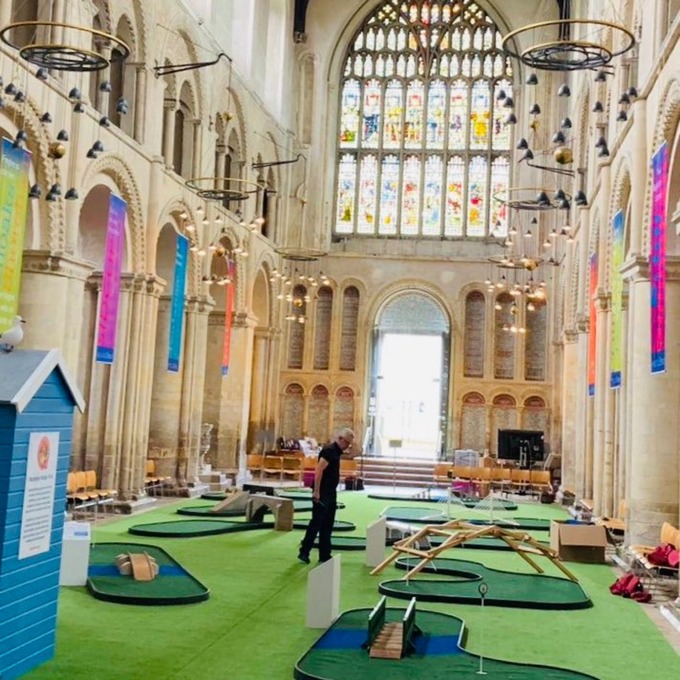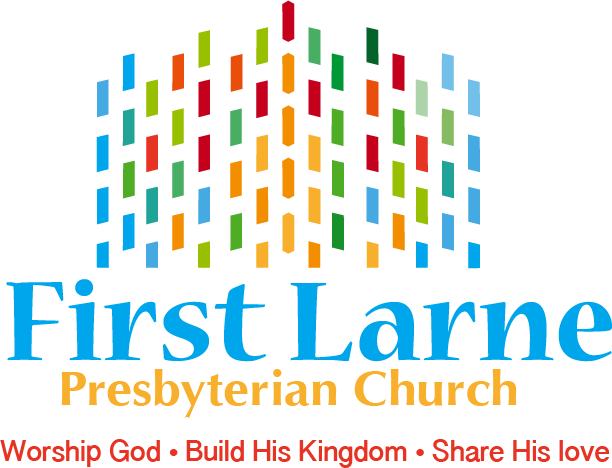MORE TEE, Vicar?

Rochester Cathedral have set up a mini golf course in the nave as an educational activity to draw in visitors.
Sacrilege! goes up the cry. How can this be a right use of a holy space? Isn’t this trivialising the good news? Doesn’t it just smack of desperation, when the Church of England can only draw people in with golf rather than the gospel?
Perhaps it is worth thinking through the issues before we vent our rage on social media.
Church of England buildings are consecrated for acts of worship, and this gives them a distinct status both legally and spiritually. There is a long tradition in many cultures of temples and holy buildings being regarded as ‘sacred spaces’, miniature models of the cosmos with God at the centre. That was certainly true of the Jerusalem temple and became a pattern for Jewish synagogues as well.
Despite popular terminology, however, officially (in the liturgy) Church of England church buildings don’t actually have an ‘altar’ for communion, they have a table; they are the gathering places of the family of God around the meal table, not temples where a sacrifice is offered. There is a temple – but according to the New Testament that temple is the people of God as the body of Christ, not a building, and it is our lives offered in obedience that forms the sacrifice (Romans 12:1).
The English word ‘church’ derives from the Greek term kyriakos meaning ‘belonging to the Lord’. But when the New Testament talks about the people of God, it uses a quite different word, ekklesia. We get into a muddle when we use the same word, ‘church,’ to refer to our buildings and to God’s people. It is God’s people – scattered as well as gathered – who are the ‘sacred space’, rather than any building.
Yet there is still a sense for many that church buildings have been ‘set apart’ – they have been places of prayer and worship, sometimes for centuries. There is, then, a question about what is appropriate and compatible with the primary purpose of the building. All sorts of things might go on – but, as Paul says ‘not everything is helpful’ (1 Corinthians 6:12, ESV).
There is always a risk of offending the perceptions of some. But is that not a risk worth taking for the sake of building bridges with those who might not otherwise darken the doors of a church?
Revd Dr Ian Paul
Ian is a theologian, author, and member of the Archbishops’ Council, Church of England. He blogs at www.psephizo.com


